Fish start to spawn again after successful restoration work
A year-long project to reinvigorate a Suffolk river and increase the fish population has proven to be a success six months after completion.
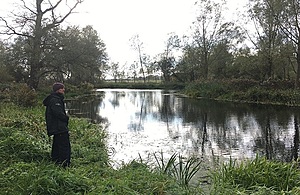
The work at Friars Meadow in Sudbury has been a big success.
The Environment Agency, Sudbury and Long Melford Angling Association, and Sudbury Common Lands Charity, worked together from 2018 to 2019 on the River Stour at Friars Meadow in Sudbury.
The partnership work, which cost almost £10,000 and was funded by fishing licence money, involved creating spawning areas, large scale removal of silt and vegetation and tree surgery.
The spawning areas created now have huge numbers of roach and rudd spawning in it. Before the project that area of the river was heavy with silt and vegetation.
Not only has this work increased the fish population it has also improved the water quality.
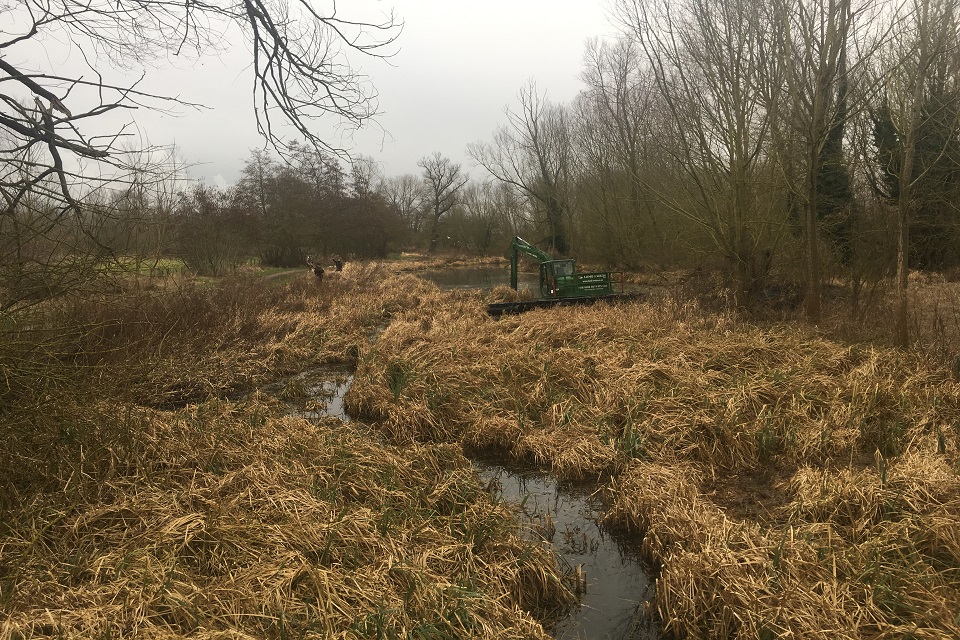
A picture of Friars Meadow before the work was carried out.
The shelter in the spawning areas will benefit recruitment on this section of the river. Recruitment in this context is the number of younger fish making it to adulthood, this has improved as the shelter reduces the risk of them being eaten.
Ben Norrington, Environment Agency fisheries officer in East Anglia, said: “We are really pleased that the project has been a success.
“I hope this highlights to fisheries owners the importance of spawning areas and shallow diverse river habitats for fish and wildlife.
“These results are a good indication of well spent fishing licence income and partnership involvement.”
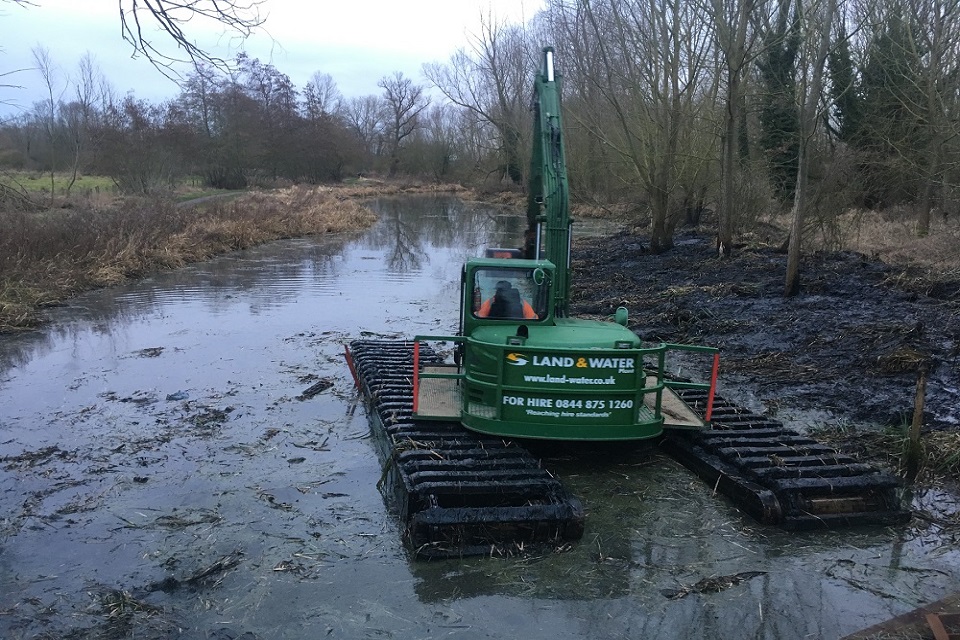
During the vegetation clearance.
John Weddup, from Sudbury and Long Melford Angling Association, said:
“The whole project has been fantastic, it has been great working with the Environment Agency.
“We now have fish spawning around the whole island rather than being limited to one spot, which they were before the work.
“The water also has a higher levels of oxygen now which helps everything from biodiversity, fish and insects. The whole river is improving since the work and this benefits everyone not just anglers.”
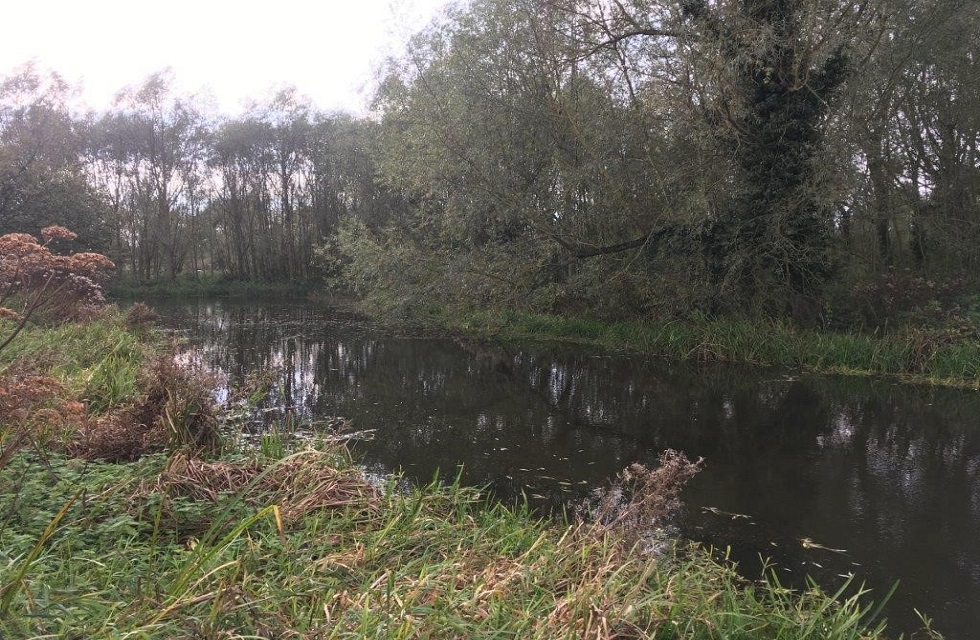
Friars Meadow after completed work.
Adrian Walters, from Sudbury Common Lands Charity, said:
“Not only has the project been good for spawning fish it is also excellent for damsel and dragonflies and nesting warblers in the marginal vegetation.
“I saw a cuckoo drop into the reeds and reappear - presumably having laid an egg in a reed warbler’s nest.”
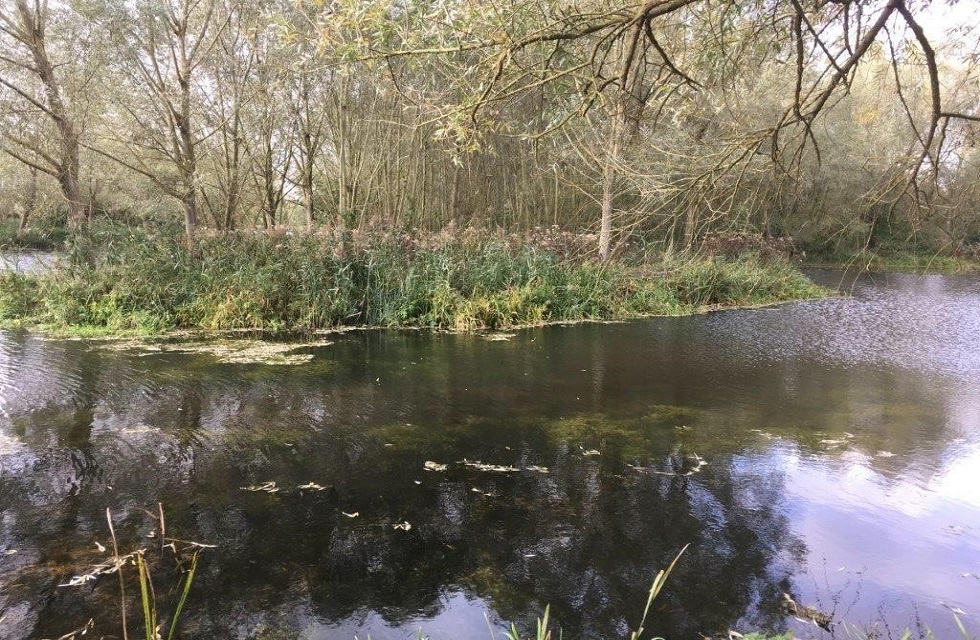
Friars Meadow after completed work.
This work wouldn’t be possible without the funding from fishing licences. Make sure you have purchased yours here: https://www.gov.uk/fishing-licences